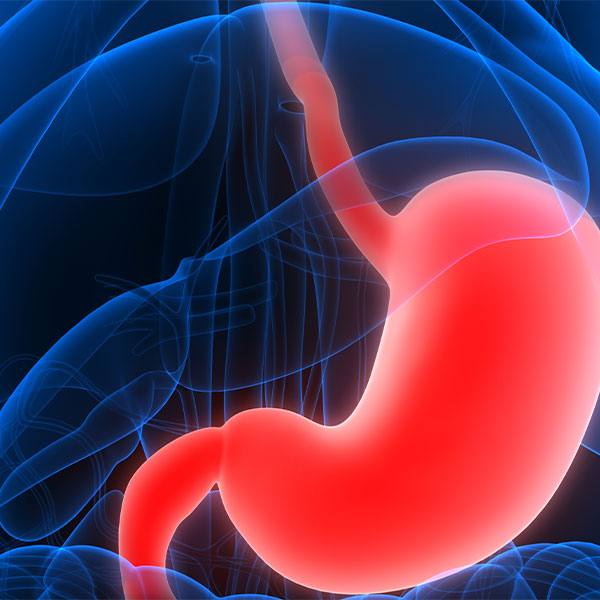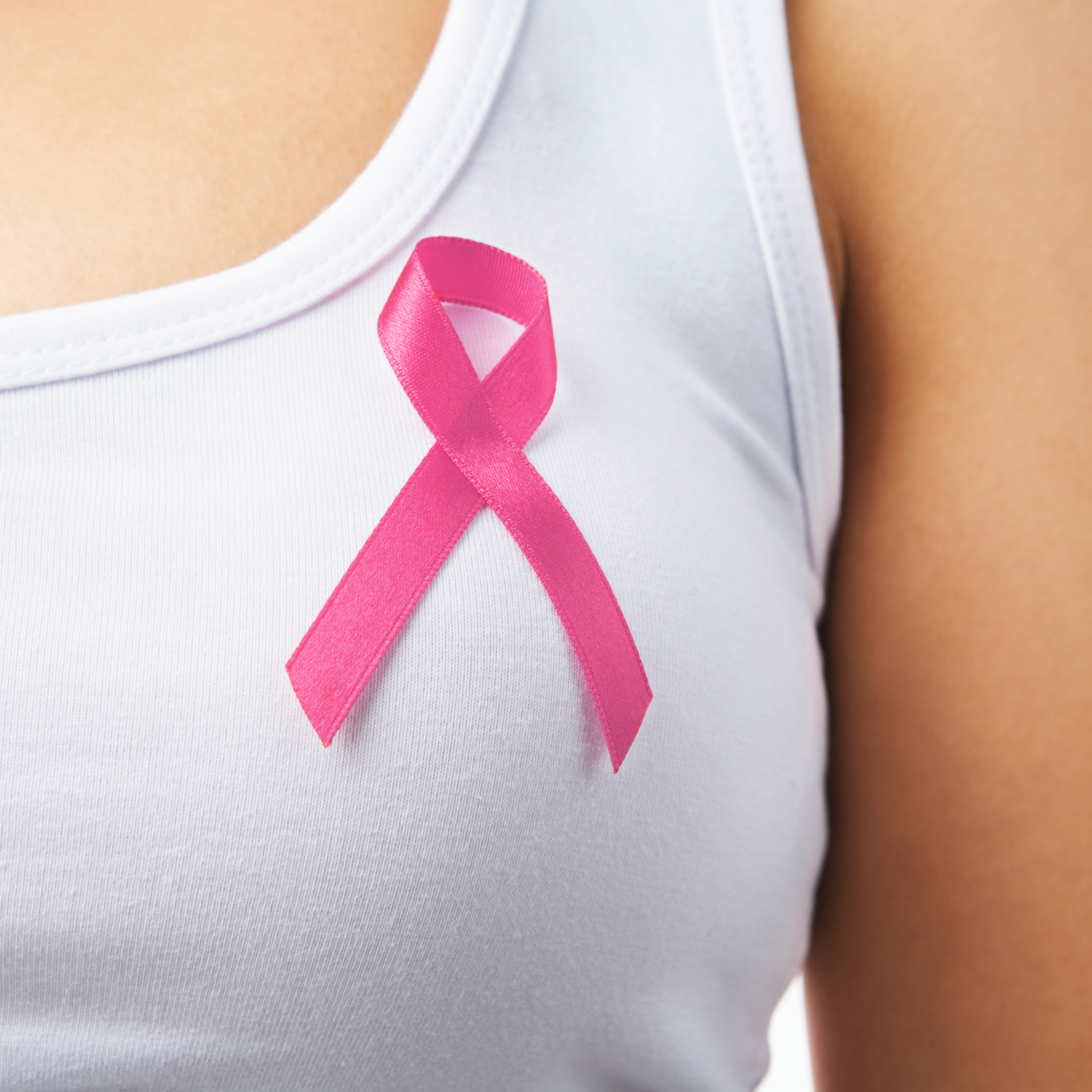-
Cancer
Consumer Health: Quitting smoking is hard — increase your chance of success

The American Cancer Society has hosted the Great American Smokeout on the third Thursday of November for more than 40 years. This year, it's on Thursday, Nov. 17, and you can join thousands of people across the country taking charge of their health that day by quitting smoking.
Cigarette smoking remains the leading cause of preventable disease, disability and death in the U.S., accounting for more than 480,000 deaths every year, according to the Centers for Disease Control and Prevention.
Lung cancer claims more lives each year than colon, breast and prostate cancers combined. Although the disease can occur in people who have never smoked, people who smoke or have smoked have the greatest risk of lung cancer. Smoking raises the risk of other cancers, as well, including cancer of the throat, mouth, pancreas, kidney and cervix. Smoking also contributes to chronic obstructive pulmonary disease, rheumatoid arthritis, heart disease and diabetes.
Secondhand smoke and thirdhand smoke also cause and contribute to several serious health problems for people exposed to smoke exhaled by smokers, and the residual nicotine and other chemicals left on indoor surfaces by tobacco smoking. Family members, especially children, are most at risk from the effects of secondhand and thirdhand smoke.
Quit-smoking products
It can be challenging to quit smoking, though, and it takes most smokers several tries before they succeed. Using quit-smoking products can greatly increase your chance of success. Only about 5% of people who try to quit tobacco succeed without a quit-smoking product. Many more succeed when using one.
Quit-smoking products fall into two main categories:
- Nicotine replacement products
Options include patches, gum, lozenges, sprays and inhalers. Although some are available without a prescription, it's best to talk with your health care team before trying them. - Medications
Two medications that don't contain nicotine are available by prescription.
The most effective strategy to quit smoking for good is to combine a quit-smoking product with a program that includes support from professionals trained to treat tobacco dependence.
Connect with other people supporting each other as the quit smoking in the Addiction & Recovery support group on Mayo Clinic Connect, an online patient community moderated by Mayo Clinic.







